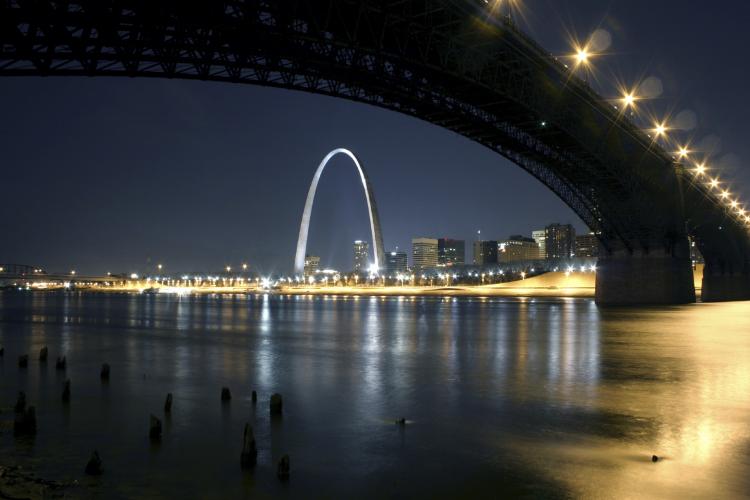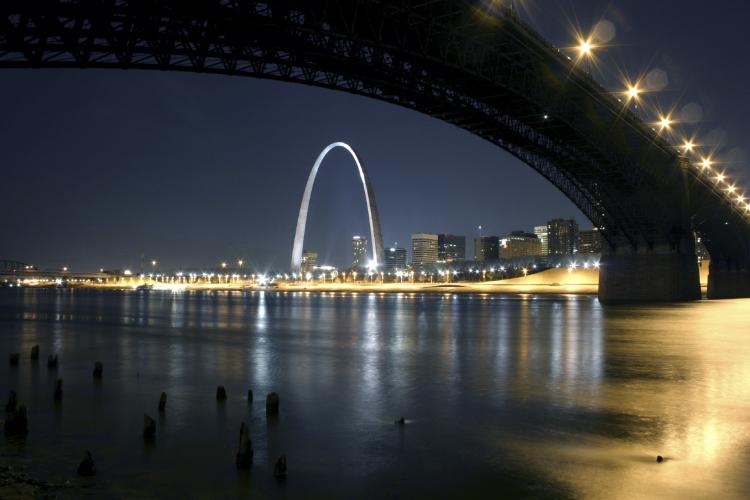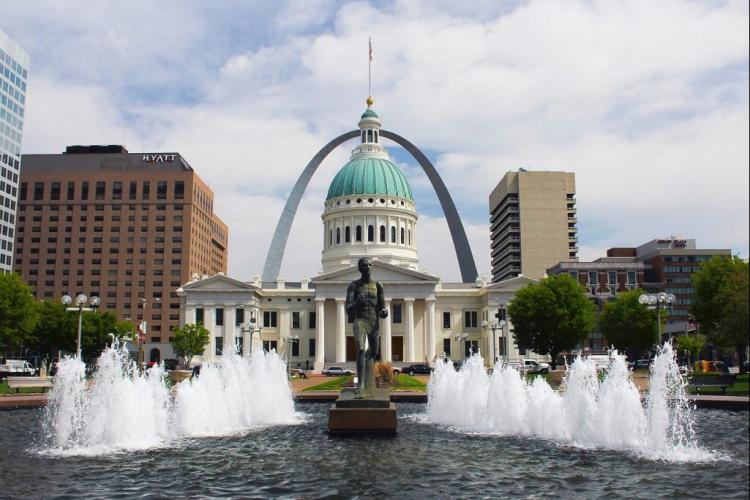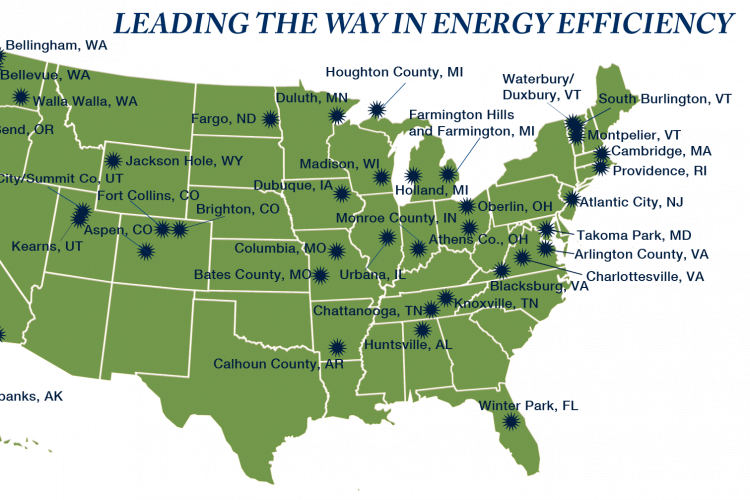Missouri
MEEA’s Guide to Stakeholder Collaboration
As a membership organization that includes utilities, businesses, advocates and government agencies, MEEA knows the power of collaboration. Time and again, we’ve seen first-hand that when diverse groups sit down at the table together, we’re able to harness our collective expertise and experience to find solutions that work for everyone.
And we’re not the only ones who think collaboration is a powerful tool. Several states in the Midwest currently convene collaborative groups to promote energy efficiency.
The Utility of the Future Pt 2: Innovation in Missouri
The Midwest has a strong track record of creativity and innovation: sliced bread, improv comedy, the Model T and, best of all, Post-It notes! And now we see that same spirit of innovation being pursued within the utility sector.
In my July 18 blog post, I alluded to the Missouri Public Service Commission’s (PSC) inquiry into emerging issues in utility regulation. Missouri is one of four Midwest states that have, or are undertaking, “utility 2.0” or “utility of the future” exploratory initiatives.
In April, the PSC issued an order (EW-2017-0245) opening a working case to explore five emerging issues:
Setting the PACE in the Midwest
Property assessed clean energy (PACE) financing is off and running in the Midwest. PACE enables homeowners and commercial building owners to finance energy efficiency improvements through a special assessment on their property that is paid back through their tax bill. To date, there are 15 active PACE programs in the MEEA footprint. PACE-enabling legislation exists in Minnesota, Wisconsin, Michigan, Missouri, Kentucky, Ohio and Nebraska, and legislation in Illinois has passed both state legislative houses and is awaiting the governor’s signature.
St. Louis Passes Benchmarking Ordinance
The “Building Energy Awareness” ordinance requires certain buildings to record annual whole-building energy and water consumption data into the free ENERGY STAR Portfolio Manager software. City-owned buildings will lead the way benchmarking in the first year under the ordinance. Privately-owned commercial buildings 50,000 sq.ft. and larger will need to comply by April 1, 2018. Both city- and privately-owned buildings will be required to report their consumption information each year thereafter.
St. Louis Considers Benchmarking Ordinance
St. Louis, Missouri is aiming to become the fifth city in the Midwest with a mandatory energy benchmarking ordinance. On December 9, 2016, Alderman John Coater introduced a potential benchmarking ordinance which would help reduce building energy use, an objective of the city’s Sustainability Plan.
2016 Annual Meeting Recap
Each year, the members, board and staff of MEEA meet to celebrate the past year’s successes, elect the Board of Directors, swap best practices (and business cards) and discuss industry trends and MEEA’s roles therein.
This year, we gathered June 8-9 in St. Louis—just a stone’s throw away from the Gateway Arch and Busch Stadium—with a focus on upcoming political elections and treating energy efficiency as a supply-side resource. We were also pleased to unveil MEEA’s new logo and Annual Report.
Midwest Governments Lead the Way in Georgetown University Energy Prize
The Georgetown University Energy Prize (GUEP), currently in its second round, includes a total of 50 cities and counties competing to “change the way America uses energy.” Each city or county has already developed a long-term energy efficiency plan. Now they are implementing their plan’s initial effectiveness/sustainability over a two-year period. The competition provides a unique platform bringing together residents, government leaders and utilities into competing communities – united in the goal of improving their energy efficiency.
MEEA Supports Energy Codes in St. Louis County
At the August 12th St. Louis County Building Commission Meeting, the Missouri Sierra Club Chapter and nineteen residents delivered a petition (in the shape of a home) in support of adopting the 2015 Residential International Energy Conservation Code (IECC) as written. In addition, the Midwest Energy Efficiency Alliance (MEEA), as well as other technical experts in the field of healthy homes, Net-Zero Energy construction, home energy assessments and low-income communities, testified about the benefits the 2015 IECC will bring to St. Louis County and its residents.
Kansas City Passes Energy Benchmarking Ordinance
On June 4, 2015, Kansas City, Missouri became the 14th municipality in the U.S. and third in the Midwest to successfully pass an ordinance which engages building owners to improve their energy management practices. Congratulations to KCMO!







